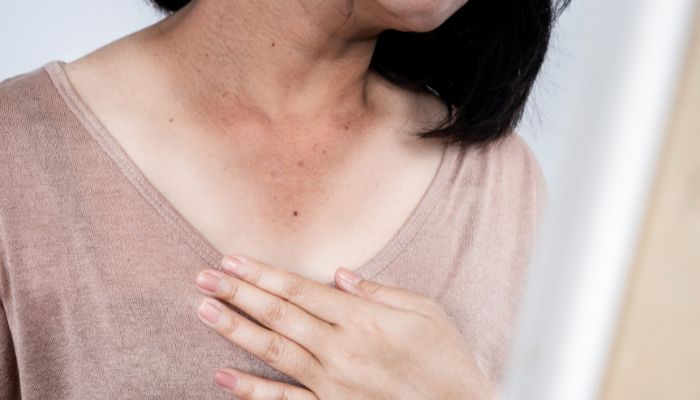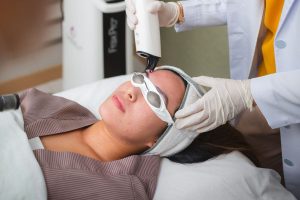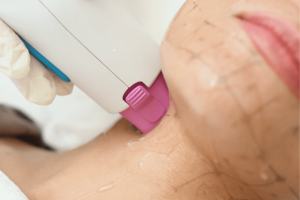
For many Zillennials (and even other generations!), one major skin concern is the exposure of their skin to sun damage. Late teens to early 30s start noticing the effects of prolonged sun exposure. Skin damage manifests as premature aging, dark spots, and uneven skin tone.
Preventing and treating sun damage is crucial for maintaining your healthy, youthful skin! Here are some tips to protect your skin from sun damage!
What is Sun Damage?
Sun damage occurs when ultraviolet (UV) rays from the sun penetrate the skin, causing harm to skin cells and accelerating the aging process. It can lead to various skin issues, including:
- Premature Aging: Fine lines, wrinkles, and loss of skin elasticity.
- Hyperpigmentation: Dark spots, freckles, and uneven skin tone.
- Sunburn: Immediate skin injury that can lead to peeling and long-term damage.
- Increased Risk of Skin Cancer: Prolonged UV exposure increases the risk of skin cancer.
How do we prevent Sun Damage?
- Daily Sunscreen Use
- Broad-Spectrum Protection: Use a sunscreen with at least SPF 30 that protects against both UVA and UVB rays. Apply it generously to all exposed skin, even on cloudy days!
- Reapplication: Reapply sunscreen every two hours, or more frequently if swimming or sweating.
- Protective Clothing
- Wear Hats and Sunglasses: Wide-brimmed hats and UV-protective sunglasses shield your face and eyes from harmful rays.
- Clothing Choices: Opt for long sleeves, pants, and fabrics designed for UV protection, especially during peak sun hours.
- Avoid Peak Sun Exposure
- Seek Shade: Whenever possible, stay in the shade, particularly between 10 AM and 4 PM when the sun’s rays are strongest.
- Use Umbrellas and Canopies: Utilize physical barriers like umbrellas or canopies when outdoors.
Treating Existing Sun Damage
- Topical Treatments
- Antioxidants: Products containing Vitamin C, Vitamin E, and ferulic acid help neutralize free radicals caused by UV exposure, brighten the skin, and reduce the appearance of dark spots.
- Retinoids: Retinoids promote cell turnover, helping to repair sun-damaged skin and reduce fine lines and pigmentation.
- Hydroquinone: A skin-lightening agent that can help fade dark spots and even out skin tone.
- Exfoliation
- Chemical Exfoliants: AHAs and BHAs exfoliate the top layer of dead skin cells, revealing fresher, more evenly toned skin. This can also help improve the appearance of fine lines and pigmentation caused by sun damage.
- Chemical Exfoliants: AHAs and BHAs exfoliate the top layer of dead skin cells, revealing fresher, more evenly toned skin. This can also help improve the appearance of fine lines and pigmentation caused by sun damage.
- Professional Treatments
- Chemical Peels: Offer deeper exfoliation and can significantly improve the appearance of sun-damaged skin.
- Laser Treatments: Laser therapies, such as fractional lasers or IPL, target pigmentation and improve skin texture, helping to repair sun damage.
- Microneedling: Stimulates collagen production and can help with skin rejuvenation, improving texture and reducing the signs of sun damage.
Support your Skin’s Healthy by:
- Staying hydrated: Drink plenty of water to maintain skin hydration and support overall skin health.
- Adapting Healthier Diet: A diet rich in antioxidants, such as fruits and vegetables, can help protect your skin from oxidative stress caused by UV exposure.
- Avoid Tanning Beds: Tanning beds emit harmful UV radiation that can accelerate skin damage and increase the risk of skin cancer.
Don’t let sun damage take a toll on your skin! Start protecting your skin today and reclaim its youthful glow. Book a consultation at Facial Care Centre and explore personalized treatments to prevent and repair sun damage. Your skin deserves the best care—schedule your appointment now!








